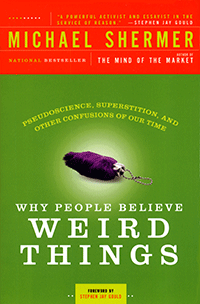Chemistry - v) composition, structure, and properties of matterPhysics - i) matter and its motionAstronomy - y) celestial objects, such as stars and planets
Earth Science - r) the planet Earth
Environmental Science - g) interactions between parts of the environment
Biology - u) lifeBiochemistry - j) chemical processes in living organisms
Mechanics - b) behavior of physical bodies when meeting forces
Thermodynamics - t) the transformation of energy into different forms
Electronics - f) the flow of charge through nonmetal conductors
Climatology - x) climate; weather conditions over a period of time
Geography - z) Earth and its land, inhabitants, and phenomena
Geology - k) solid and liquid matter that constitute the Earth
Meteorology - w) weather processes and forecasting
Oceanography - o) the ocean
Paleontology - q) prehistoric life, such as dinosaurs
Topography - e) Earth's surface features
Botany - p) plant life and development
Dermatology - s) skin
Ecology - d) distribution and abundance of life and its interactions
Evolution - c) process of change from one generation to the next
Genetics - h) heredity and variation in living organisms
Marine biology - l) living organisms in the ocean
Microbiology - m) microorganisms, such as fungi and bacteria
Neuroscience - n) the nervous system, such as the brain
Zoology - a) animals


